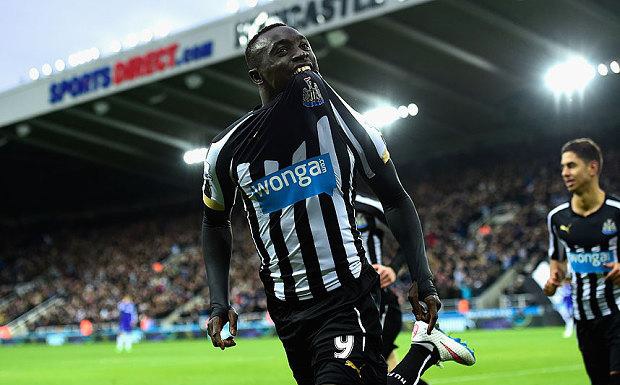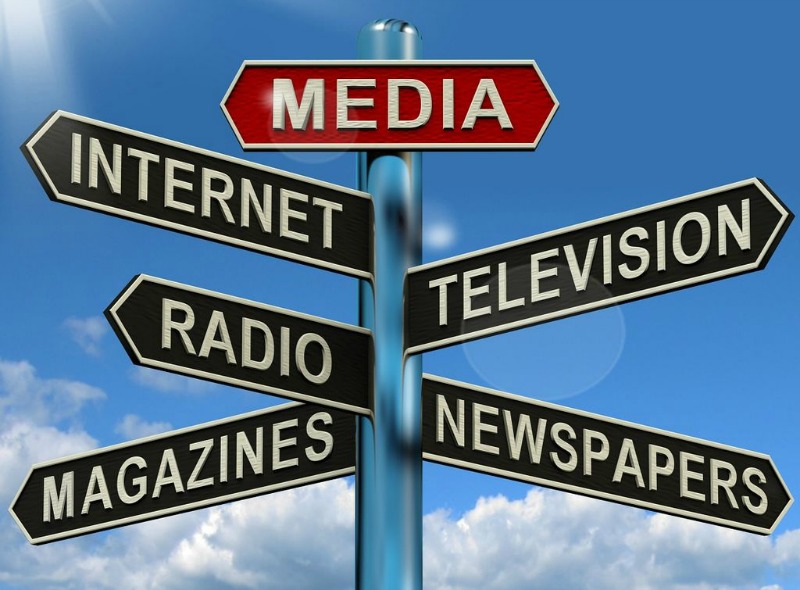Hill+Knowlton Strategies 13 Apr 2015 // 3:46PM GMT

Is the ICC Code for Sponsorship keeping pace with the industry it regulates?
The current Code was formed in 2011 but key threats have emerged since then which must be addressed in the 2015 review so it can continue to protect the sponsorship industry.
What is the ICC Code for Sponsorship?
The International Chamber of Commerce (ICC) introduced its first Code of Sponsorship in 1992 as a response to the rapid growth of the industry. It provides ethical guidelines for sponsorship, helping to create a level playing field and minimise the need for legislation and regulation. This helps to raise industry standards and preserve the consumer’s trust in the marketplace.
The dynamic nature of the sponsorship industry means any theory of best practice has to be pragmatic; accommodating change or risk becoming outdated. The current Code was established in 2011 and is due for a review later this year. Since 2011 new challenges to the industry have emerged which require careful consideration by the ICC. Upcoming political issues, on both a national and European level, are vital to understanding where future social pressures may lie for the sponsorship industry. There are various challenges confronting brands and rights holders but, for the sake of time, I will focus on three key areas; activism, payday loan companies and soft drink companies.
The threat of activism
Environmentalism is an increasingly salient issue on the global political agenda and 2015 has been marked by the European Commission as “The European Year for Development”. Companies are ever more accountable for their impact on the environment and a proactive stance against sponsorship of ‘fossil fuel’ brands is becoming increasingly powerful. In October 2014 Lego announced it would not be renewing its long-running partnership with Shell following sustained pressure from Greenpeace.John Sauven, executive director of Greenpeace UK, claimed the support the campaign received was evidence of a shift in public perception with people labeling the partnership as “completely inappropriate”.
The ICC Code addresses environmentalism in article B9 suggesting, in short, that both parties should consider the environmental impact “when planning, organising and carrying out the sponsorship”. However, it does not provide any guidelines to the sponsors or rights holders who might be targeted by environmental activists. The shift in political agenda and public perception towards environmental issues gives reason for a new addition to the ICC Code that advises brands and rights holders who hold these potentially vulnerable partnerships. Much like the regulation around alcohol sponsorships, there needs to be delicate consideration around the objectives of the partnership and who might be an inappropriate audience to target during the activation.
The threat of payday loan companies
An increasingly prominent topic in Westminster, given the current fiscal climate of austerity, is the exploitation of those in financially vulnerable positions by payday money lenders.The Newcastle United partnership with loan company Wonga was subject to heavy criticism from a number of parties.The shirt sponsorship deal resulted in a dispute with Newcastle’s Muslim players who, under Sharia law, cannot support the giving or receiving of interest. This mounting pressure culminated in Wonga announcing in 2014 that it would remove logos from all children’s football kit. Needless to say, this partnership has damaged the reputation of both parties and any future sponsorships involving payday loan companies need to carefully consider both public perception and current political and ethical debate.

The payday lender phenomenon is a relatively new development; therefore the current ICC Code does not address this commodity in relation to the sponsorship market. However, the above example provides strong evidence to suggest that there is a need for a set of guidelines that rights holders and brands can follow when entering partnerships within the payday loan industry. These must take into account ethical considerations, the targeting of children and the vulnerable as well as assessing to what extent religious laws should legitimately contravene partnerships. However, political pressure on payday loan companies will increase, whichever end of the political spectrum triumphs in May this year, and it may be too late for ICC guidelines as stricter regulation from the government will already be in place.
The threat of soft drinks
The World Health Organisation has recently advised that sugar intake should be halved by adults and children across western countries in the fight against obesity and tooth decay.It remains top of the agenda in the UK with pressure groups including Action on Sugar and the British Heart Foundation demanding brands to slash sugar content. This pressure extends to political parties with Labour’s shadow health secretary Andy Burnham pledging to “take tougher action” to protect children from commercial content pushing products that are high in sugar. Despite voluntary steps by major brands such as PepsiCo to reduce sugar in their beverages this has not been viewed as enough to make a significant health impact. Labour is likely to take a strong stance against these companies if they return to power which, in turn, places a threat against their sponsorship capabilities.

Soft drink companies face a similarly uncertain future to the payday loan companies in terms of how their marketing activity will be regulated. One only needs to look at the laws put in place around tobacco and alcohol sponsorships to gain an understanding of what could potentially lie ahead. The ICC Code for Sponsorship fails to address this contentious issue in a meaningful manner for brands and rights holders. Elements of learning from both of the two previous examples need to be considered by the ICC; especially the targeting of children and how to handle the threat of pressure groups. The broader Consolidated ICC Code does provide guidelines on marketing to children and social responsibility but this is not enough to help steer those within the sponsorship industry facing difficult questions in the near future.
What’s next then?
The ICC Code for Sponsorship is a positive influence for best practice and is vital in helping to raise industry standards. However, sponsorship is a constantly evolving, rapid-growth industry and the ICC Code must be equally adaptable otherwise it risks becoming redundant. Three key examples raised above need to be addressed in the review of the Code at the end of 2015 but these must be understood as part of a plethora of issues. Ambush marketing, the fast food industry and betting companies all present challenges for the sponsorship industry and thus must be addressed within the ICC Code. Considering that the growth of the industry is unlikely to plateau, the greatest improvement that could be made to the ICC Code for Sponsorship is that it comes under more frequent review to ensure it maintains its authority and relevance.
By Hill+Knowlton Strategies


































.jpg)


.png)
.jpg)



















